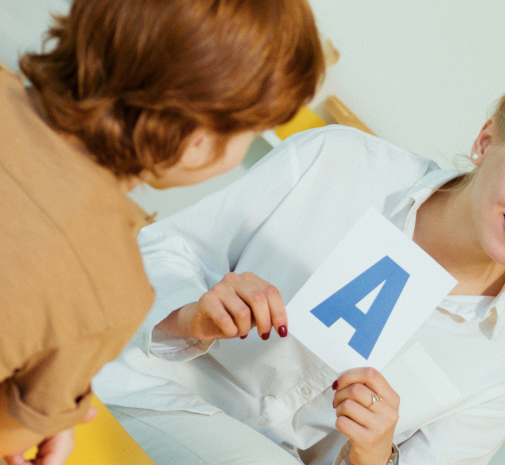Context
Children, young people and their guardians/representatives need to be aware of children’s rights in order to be able to use them. At the same time, training and capacity building for those involved in the implementation of the UN Convention on the Rights of the Child is critical to promote a culture that respects children’s rights.

What children and young people need next
In the next three years the Children’s Rights Alliance will:
- Ensure that our Know Your Rights guide is up-to-date, easily accessible and widely disseminated to children, young people, families, professionals working with children and young people and advice givers.
- Continue to provide a specialist first stop helpline that provides legal information to children, young people, their parents and second tier advice givers and support other helplines service providers to identify legal issues and provide information in a child-friendly.
- Plug the gap in legal aid by working with pro bono partners to provide free legal advice clinics for children, young people and their families and document trends to help make the case to extend legal aid to children and young people.
- Develop children’s rights training for professionals working directly with children and young people in key sectors and organisations (to be agreed).
- Ensure that the voice of children and young people is central to key political and policy discussions and decisions that will directly impact them by promoting participation rights in the next National Children and Young People’s Framework and Participation Strategy, including the right to vote on local and European elections.
